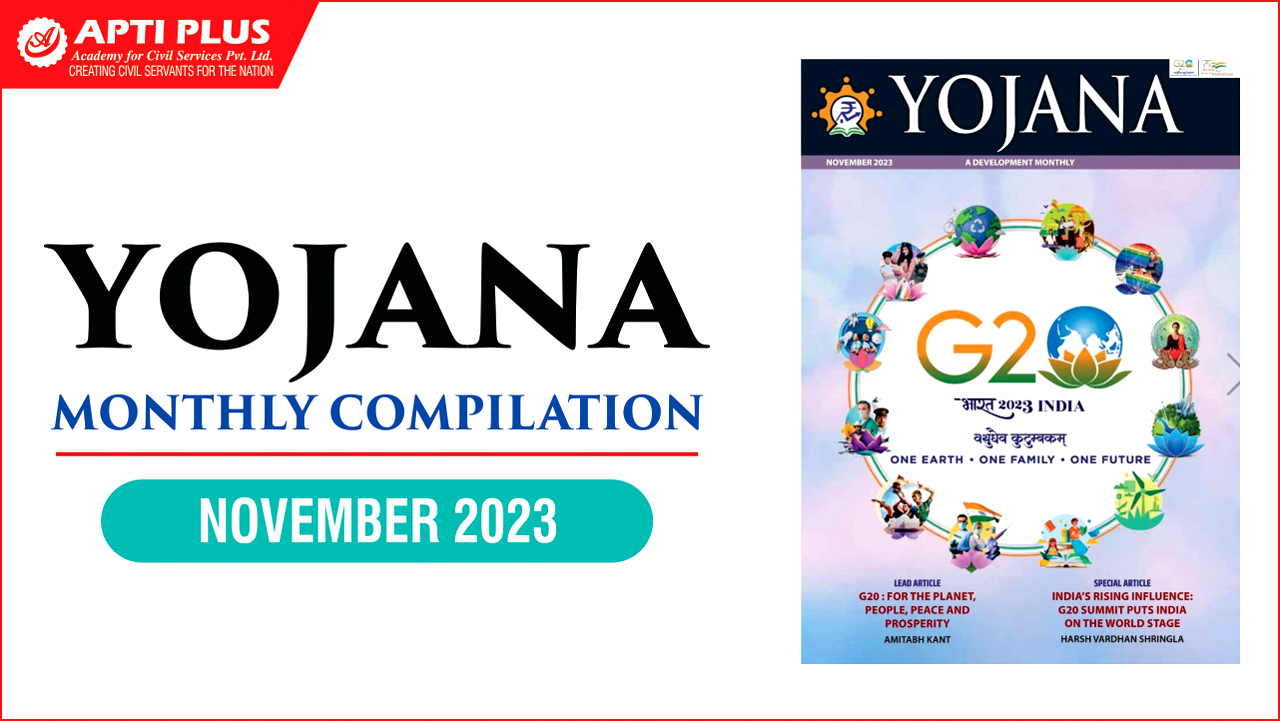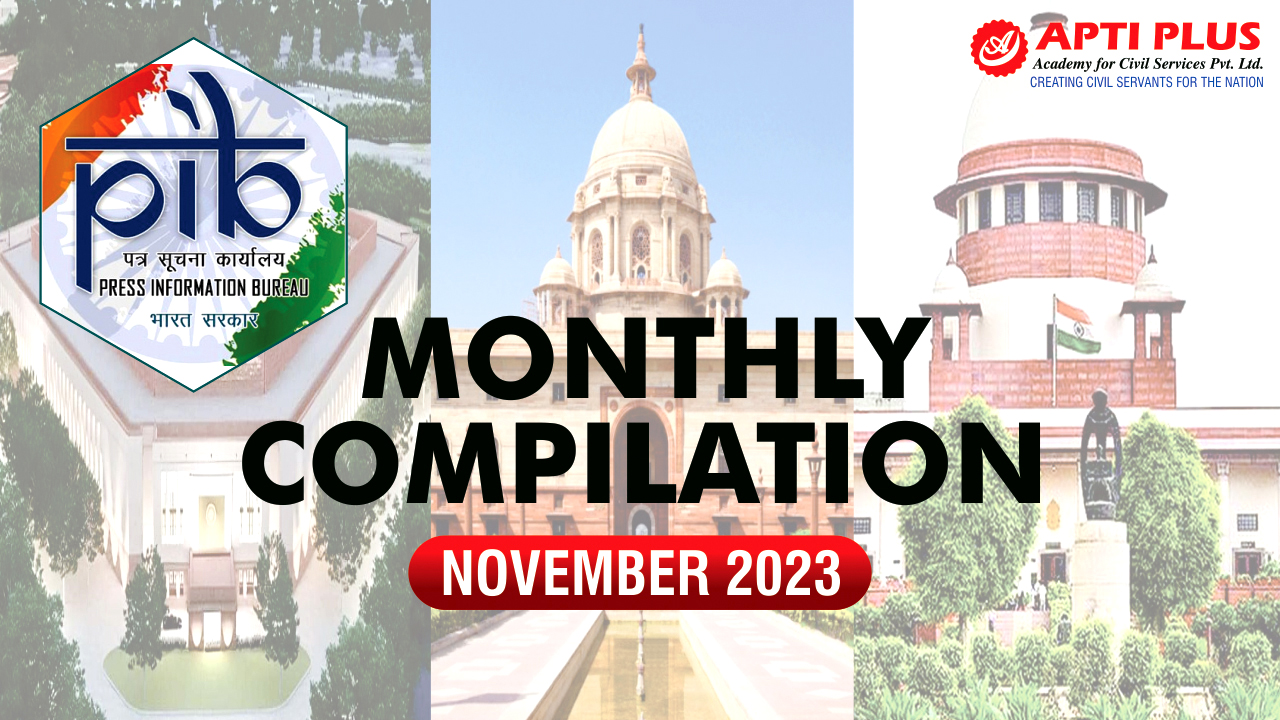Description

Copyright infringement not intended
Picture Courtesy: economictimes.indiatimes.com
Context: SEBI (Securities and Exchange Board of India) has introduced guidelines for not-for-profit organizations (NPOs) intending to issue 'zero coupon zero principle' instruments in the public domain and list these instruments on the Social Stock Exchange (SSE).
Key Highlights of the guidelines
Documentation Process
- The SSE must outline the specifics required in the fundraising document.
- NPOs need to file the draft fundraising document with the SSE and seek preliminary approval for listing these instruments.
Observation and Approval
- SSE is required to provide observations on the draft fundraising document within 30 days of filing or upon receiving any clarification requested from the NPO.
- The NPO must incorporate SSE's observations in the final fundraising document before the issue opens.

Disclosure Requirements
- Both the draft and final fundraising documents must contain comprehensive and accurate disclosures, enabling informed decisions by potential investors.
Conditions for 'Zero Coupon Zero Principle' Instruments
- These instruments will be issued only in dematerialized form and won't be transferable.
- The minimum issue size is set at Rs 50 lakh, with a minimum application size of Rs 10,000.
- The minimum subscription needed to proceed with the issuance is 75% of the proposed fundraising amount.
- In case of undersubscription, NPOs must detail how they plan to raise the remaining capital or its impact on achieving the social objective if they fail to address the shortfall.
- Refunds will be made if the subscription falls below 75% of the issue size.
Post-Issuance Procedures
- SSE will maintain records of allotments post the issuance of these instruments by NPOs.
- SSE will define additional norms related to the issuance process, including agreements with depositories, ASBA-related matters, duration of public issuance, allocation methodology, and other relevant procedures.
Social Impact Reporting
- NPOs must disclose past social impacts based on existing practices, highlighting trends in key metrics, beneficiaries, cost per beneficiary, and administrative overheads related to the NPO's objectives.
Zero Coupon Zero Principal Instruments
- They are a type of financial derivative that has no periodic interest payments and no repayment of principal at maturity. They are also known as pure discount instruments or zero coupon bonds.
- These instruments are sold at a deep discount to their face value and pay the face value at maturity. The difference between the purchase price and the face value is the investor's return.
Advantages
- Fixed Return: Investors receive a predetermined return upon maturity, calculated as the difference between the purchase price and the face value.
- Lower Credit Risk: Since these instruments don't rely on regular interest payments, they carry lower credit risk compared to traditional bonds.
- Useful for Liability Matching: Ideal for investors, like pension funds or insurance companies, looking to align future liabilities with specific future cash flows.
- Lock-in Return: Attractive for those wanting a predetermined return without the need to reinvest interest payments.
Disadvantages
- Interest Rate Sensitivity: Highly sensitive to changes in interest rates. Their prices fluctuate based on the present value of the entire payment at maturity.
- Reinvestment Risk: Once the instrument matures, investors face the challenge of finding new investment opportunities for the lump sum received.
- Taxation on Imputed Interest: Even though no cash flow is received until maturity, investors might be subject to taxation on the imputed interest.

Conclusion
- The new SEBI guidelines aim to streamline the issuance and listing process of 'zero coupon zero principle' instruments by NPOs on the SSE, ensuring comprehensive disclosures and maintaining a focus on social impact.
Must Read Articles:
Social Stock Exchange: https://www.iasgyan.in/daily-current-affairs/social-stock-exchange
|
PRACTICE QUESTION
Q. What defines a Zero Coupon Zero Principal Instrument?
A) It pays interest annually
B) It is issued at a discount to its face value
C) It has a variable interest rate
D) It pays the face value at issuance
Answer: B
Explanation: Zero Coupon Zero Principal Instruments are issued at a price below their face value and do not make periodic interest payments. Instead, they provide the face value upon maturity.
|











